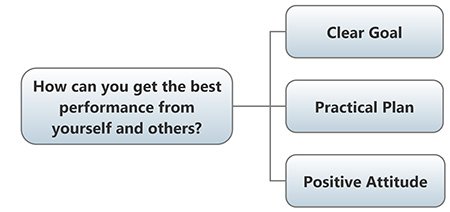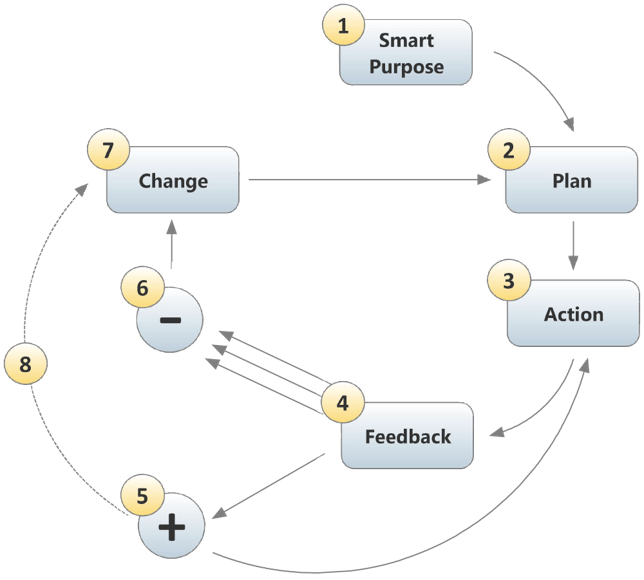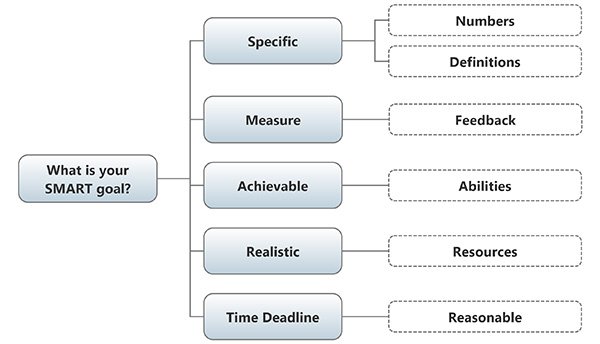What is Continuous Improvement Training?
Continuous improvement training teaches a system that leads to evolutionary development of every aspect of your organisation, its products, services and methods. Continuous improvement training teaches you how to act today, to make things better tomorrow.
If we want our current situation to improve, then we must do something to cause it to happen.
The action is not random nor fragmented, it is systematic and purposeful.
Continuous improvement is a system of ideas that results in an evolutionary progression, by making innumerable, baby steps.
Continuous improvement is important because we live in a competitive world. What was good enough last year, or last month, is not good enough today. Staying the same equals failure, because the surrounding context is always moving.
If an organisation does not improve fast enough, it will quickly fall behind the evolutionary curve and become extinct.
To secure our future, we need to embrace continuous improvement.
Contact Us Today
If you want to know more about this course, or any other Management Training Courses, or their suitability for you or a colleague, call us on 020 3856 3037 or make an enquiry online.
Customer Reviews
Speakerbus
Ruby Girl Ltd
Continuous Improvement Training Availability, Pricing and Course Dates
If you have any questions, please phone us (020 3856 3037) or send us a message.
Bespoke Training (In-House or Live Online)
(International Price Varies)
In-House training has been designed to provide a similar experience to our open courses, however we can tailor the content to fit your specific needs.
Plus, travel and hotel accommodation for trainer if needed (Premier Inn type: not the Hilton!)
We are able to train in your timezone.
All our training includes:
- A full day of quality training, delivered by an experienced trainer
- Total of 6 CPD training hours (9am - 4.30pm), plus an additional 2-3 via post-course online independent learning.
- Full digital interactive course notes
- Training certificate
- Access to additional free training material after the course via our post-course portal
- 3 months free telephone coaching: Whilst you are implementing what you have learned, if you need to, you can contact us for support and guidance
Continuous Improvement Training Course Overview
We have divided this course into four sections.
Continuous improvement is a state of mind
Many people are only dimly aware of the concept of continuous improvement. Many people have the idea that improvement is a result of government action, or decisions made by the management.
Many people don’t feel inclined nor empowered, to start where they stand, and to improve those things that lay within their immediate vicinity.
Continuous improvement is the idea that we are all responsible. We can all contribute. If we each took, just "one small step,” then that would mean a “giant leap” for all of us.
Continuous improvement is an expression of a positive mental attitude.
Continuous improvement is a definite process
The general principle is easy to understand. The practical application of the principle is just as easy.
Continuous improvement is a circular model made up of only five major parts: Purpose, plan, action, feedback change.
Only five words to learn, fully understand and then implement.
Continuous improvement as a set of definite skills
The five basic concepts: goal, plan, action, feedback, change, each contain a set of definite personal skills, that combine to make your continuous progress inevitable.
We will look at each skill set, and we will explain how to: define clear goals, build practical plans, take priority action, monitor recent feedback results, immediately correct what is not good, and systematically improve upon what is already good.
We would like to go, from good to great, and from great, to the best on the planet.
Application of continuous improvement to your own practice
Now we have the concepts, skills and language of continuous improvement, we apply them to our own context. We explain how we could each add value to the whole, by making small, easy, incremental, evolutionary steps forward.
Learning Outcomes:
- Continually improve your team’s ability to get better results
- Create and sustain a progressive culture
- Improve your communication; make it more future focused
- Improve your ability to solve problems before they can occur
- Banish the “If it aint broke, don’t fix it” mentality
- Improve your invention, innovation and creativity
- Harness the power of continuous improvement
Continuous Improvement Training Course Details
Morning Session
Continuous improvement, what is it?
Continuous improvement is evolutionary progression
Why continuous improvement is important
Why failure certainly is an option
Continuous improvement is an expression of personal empowerment
Continuous improvement as a series of definite steps
Goal focused v drifter mentality
Afternoon Session
A Planned approach to improvement
Priority action
Observe the feedback results
Correct what is not good
Improve what is already excellent
Never stop believing
Continuous Improvement Training FAQs
How do I join a Corporate Coach Group course?
Is this course offered in-house?
What are the implications of continuous improvement training?
What makes a good continuous improvement manager?
What is the course training method? Is it interactive?
How do you identify opportunities for improvement?
What kinds of people attend this Continuous Improvement course?
Companies We've Trained
Related Articles from our Change Management Blog
Learning by Experience
17 December 2024Learn how learning from experience and watching others helps you break bad habits, sharpen time management, and spark continuous improvement for lasting growth.
Continue Reading >How to Manage Rapid Change
16 April 2024Learn five clear steps to manage rapid change: expect it, focus on value, flex your plan, stay alert and enjoy progress. Build leader skills for an AI-led world
Continue Reading >What are the Principles of Change Management?
21 February 2023Learn eight change management principles that give teams clear purpose, smart plans, focused action and feedback loops, turning resistance into progress.
Continue Reading >Is the Change Curve Model Real?
1 November 2022Learn why the change curve suits grief, not company shifts. Discover better change models and how focused training can almost double project success rates.
Continue Reading >













